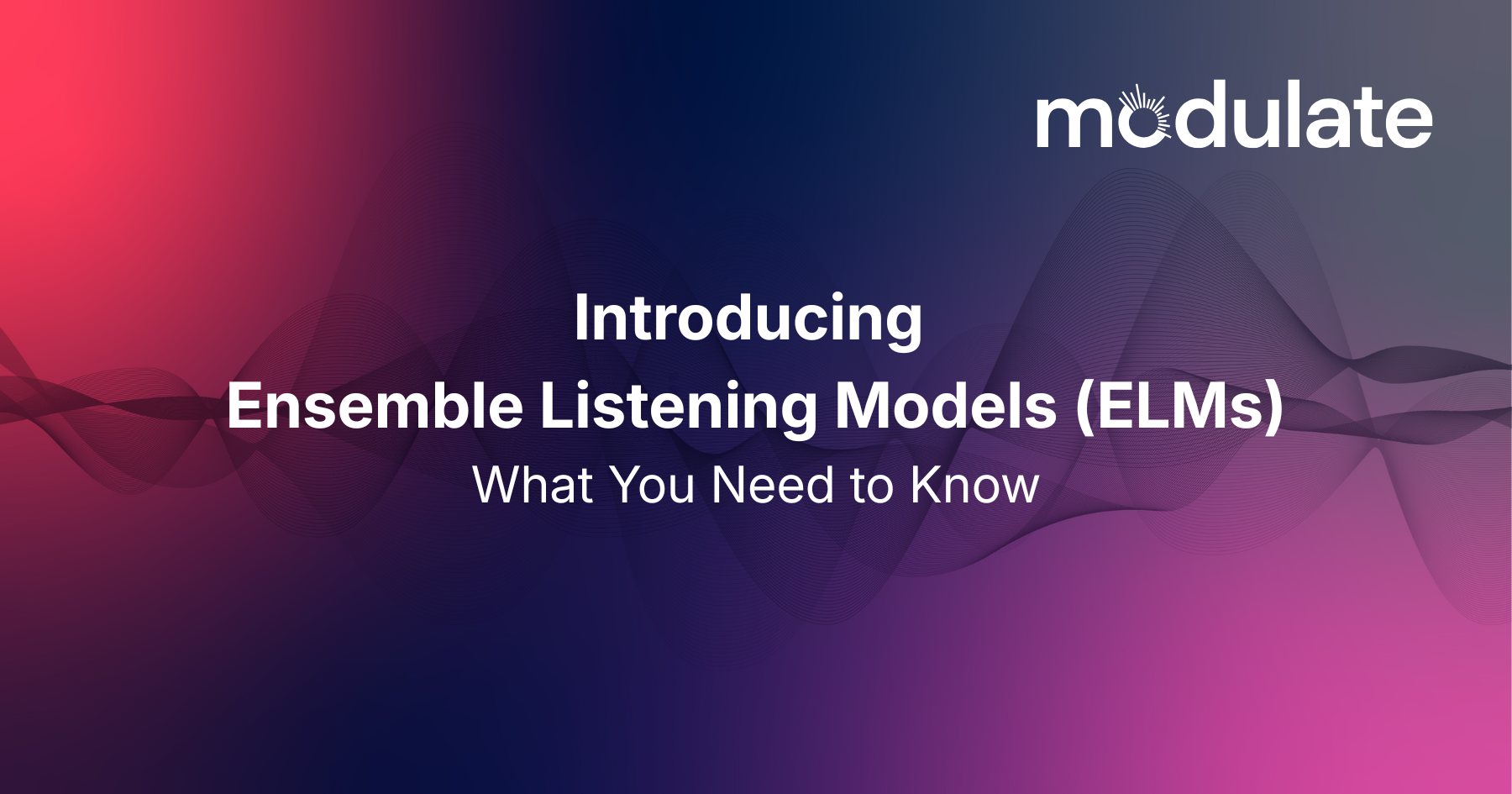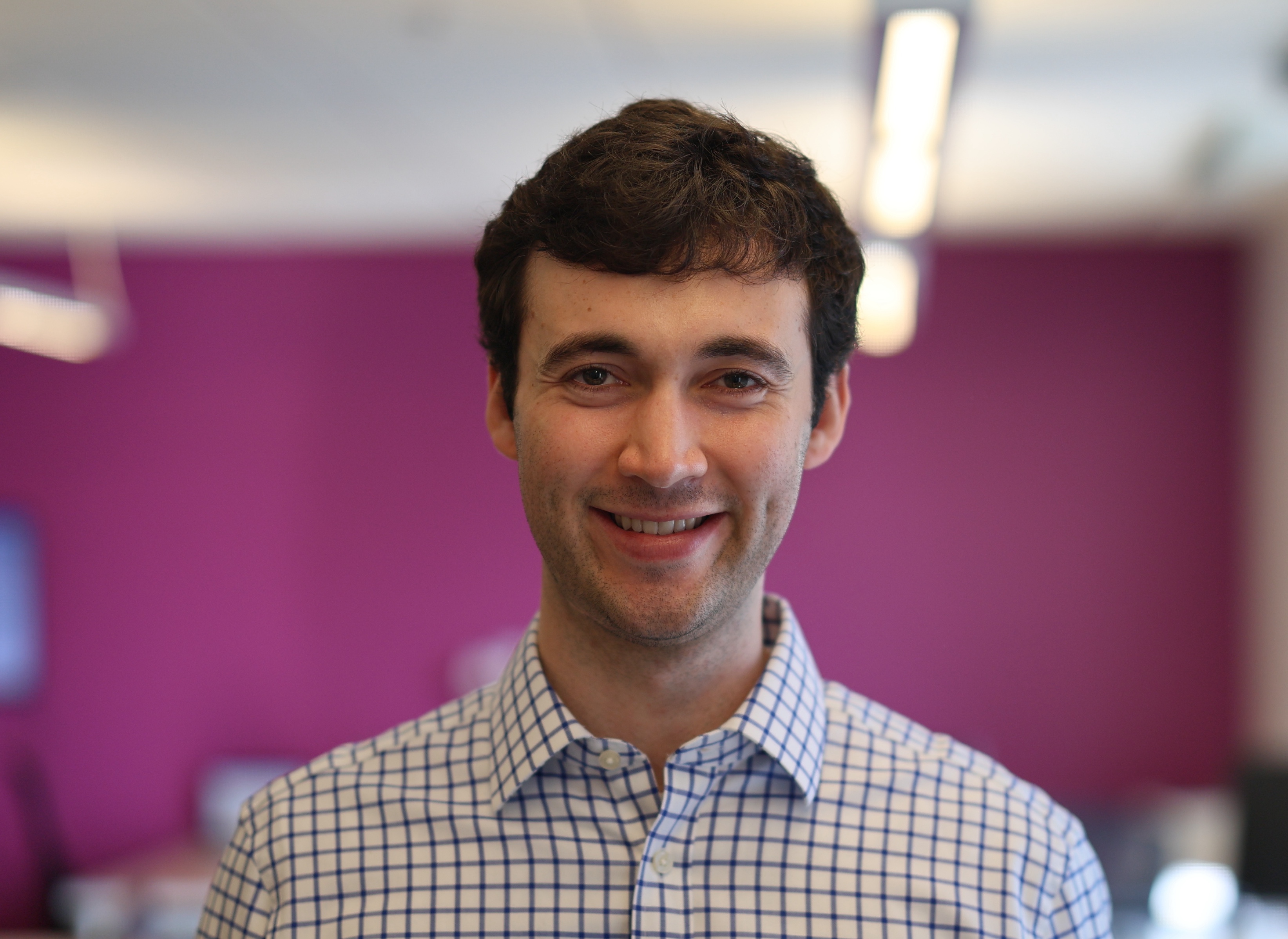Modulate is Now an Official Member of the Family Online Safety Institute

When we take our children to the playground, we naturally worry about risks like bruises or minor cuts; but we tend not to spare much attention to the risk of an adult running through the playground shouting racial slurs at the top of their lungs. That’s not because there are no racists in the world (if only!) - it’s because we as a society understand that our children are vulnerable, and have put in significant collective effort to establish ground rules around how children are treated. We avoid curses and vulgar language around kids; endeavor to teach them inclusivity and respect; and we protect the spaces where they spend their time so that they can safely play, socialize, and simply be kids.
What if we could extend that same safety to the online world as well? This simple idea is at the heart of Modulate’s mission - enabling safer, more inclusive online spaces.
No single parent can protect their child on their own - it takes neighborhoods, teachers, coaches, and the entire proverbial village working in concert to provide a safe space for children to grow. And the same is true in the online world - though the team at Modulate is fighting as hard as we can to promote safety, we need everyone to get involved in order to truly protect our children online.
It’s for this reason we’re so excited to announce our membership with the Family Online Safety Institute, or FOSI. Bringing together expert researchers, passionate regulators, dedicated platforms, and of course, innovative service providers like ourselves, FOSI gives each of us an opportunity to share our knowledge, learn from each other’s perspectives, and collaboratively begin to set standards for online safety that work.
This is no small task - online safety is full of apparent paradoxes. How do you simultaneously ensure the privacy of your users while also protecting them from harm? What counts as “harm,” anyways? Who determines what is and isn’t acceptable behavior for our kids to encounter? How do we keep parents involved and informed, while also respecting the autonomy of young adults who need space to define and explore their own identities? And how do we simultaneously teach kids the skills they’ll need to navigate the adult world, while still protecting them from the more unsavory parts of it?
These are all enormously difficult questions, and none of them can be easily solved. But eagle-eyed readers might have noticed - every single one of those questions applies in the physical world too, not just the virtual one. And in the physical world, despite the fact that each of those questions is very much still unresolved and subject to constant debate, we do better. We face challenges in the physical world too - harms like bullying are prevalent among children, and unfortunately even physical violence is sometimes an all-too-real concern. But on the whole, we are more consistent and effective at protecting our kids from harmful and hateful behavior and ideologies in the physical world than we are at protecting them online. And the fact that we’ve made this progress without perfectly solving those impossible questions should give us hope that the same progress can be made for virtual worlds, if we devote our attention to themto the them.
It’s worth remembering, as well, that virtual spaces have their advantages too. By connecting people from around the globe, virtual communities foster greater empathy and appreciation for diversity; and give kids and teens an opportunity to meet others like themselves who can validate their identities at a time they may feel isolated. Study after study finds that, despite the harassment and bullying that’s prevalent in online games, women, children, and LGBTQ+ individuals - some of the most often-targeted groups - still find online spaces invaluable for the communities they foster and opportunities they provide to redefine themselves.
Together with FOSI, we believe we can chart a path that preserves these enormous benefits of online spaces, while still improving safety in these spaces for those who need it most. We’re extremely proud to be working on such a vital and far-reaching problem in the company of such prolific and passionate leaders, and look forward to contributing our own insights around the power of voice and the combined strength of AI and human intuition, into the conversation. Thanks to FOSI for having us; now let’s all get back to work.



.png)
.png)
.png)
